Tales of corruption in Nigeria are legion. And like many analysts of the country, Matthew Page, a former U.S State Department Intelligence Chief has proposed a tool called ‘Taxonomy’ that classifies each type of corruption according to the tactic employed (bribery, extortion, etc.) and the sector it’s used in (agriculture, electoral politics, etc.).
The result, arrived at in consultation with Nigerian experts and ordinary citizens and first published by the Carnegie Endowment for International Peace, is a compendium of more than 500 distinct species of corruption in Nigeria.
Among experts on corruption it’s a widely held view that “Nigeria is definitely in the premiership league of corrupt countries, said Page.
Page’s amusement at such stories is tempered by concern over the larger implications – Then there’s the mile-long “monorail to nowhere” in the city of Port Harcourt. A state governor poured $400 million into building it, says Page. Then, shortly before completion, his successor halted construction. “So, it’s never run a single train.”
NPR spoke with Page about what his taxonomy reveals and why it could be useful beyond Nigeria. (This conversation has been edited for length and clarity.)
Why he’s doing this for Nigeria specifically
There is certainly no shortage of countries struggling with corruption, notes Page. “What I would love to see is if someone who worked in say, Uzbekistan or Brazil, saw this tool and adapted it,” so other countries can be compared to Nigeria.
That said, says Page, among experts on corruption it’s a widely held view that “Nigeria is definitely in the premiership league of corrupt countries.”
“This is not because there is anything unique about Nigerians that make them more corrupt,” he adds, but because of a “perfect storm” of circumstances. Nigeria’s petroleum reserves mean “there’s an enormous amount of money flowing into public coffers.” Years of military rule prior to the return to democracy in 1999 “resulted in a hollowing out of public institutions.” And there are more than 360 different ethnic groups in a nation where “the identity of being a Nigerian sometimes isn’t as strong as your local identity.”
The result, Page says: “There’s this perception among officials in Nigeria] that national government is there to divide up the booty of oil wealth.” And that political culture then filters through to layers below, to the point where even local police or school teachers or receptionists at public hospitals may consider it their right to demand bribes. “It’s about people monetizing their position in society so that even people with the lowest amount of authority will use that to extract a small amount.”
What he learned by putting this taxonomy
One benefit, says Page, is that the taxonomy has pointed up a number of significant areas of potential corruption that had been largely overlooked.
For instance, there’s been a recent explosion in programs to help small businesses – essentially micro-grants and loans to help people in poverty launch or expand very small enterprises – selling phone cards in a market, say, or opening a hair-styling stall. “One thing that surprised me was the extent to which this has become a real black hole into which politicians can push money and really not have accountability in terms of how it’s spent,” says Page.
This doesn’t mean that microfinance isn’t helping people, he adds. But in a country like Nigeria the potential for theft is enormous. “You have politicians giving these small amounts – say $5,000 [divided up among] their constituents,” he says. “No one really monitors the impact. It becomes just another form of patronage. So for me it’s interesting that this trend in international development has been Nigeria-ized by local politicians — turned into something that fits into their usual bad habits and undermines the point of the aid.”
Over the next year, says Page, he plans to home in on small business grant programs to get a better sense of the extent of waste and corruption involved. “This has given me a road map for looking at the problem in greater depth.”
Why he’s included practices that are technically legal, such as high salaries for public officials and “white elephant” wasteful spending projects
Outside of Nigeria it may seem odd – and even controversial – to label such practices “corruption” says Page. But among both scholars of Nigeria and ordinary Nigerian citizens these practices “really resonate as a form of corruption.”
“When so many Nigerians live on less than $2 a day, having legislators who are among the highest paid in the world – we’re talking around $500,000 per year in salary and allowances [for many]– stands out as being excessive and essentially a form of corruption. It really jumps out at people as an abuse of office and a mechanism for self-enrichment.”
Similarly, government projects whose financial benefit seems dubious are often simply avenues for the politicians controlling them to funnel jobs to cronies and arrange for kickbacks. “They’re like gateway drugs into more recognizable forms of illicit corruption like contract fraud.”
It’s no accident, Page adds wryly, that Nigeria has no less than three separate space agencies. “Given Nigeria’s many needs and challenges these agencies are obviously unwise and improper,” he says. At best they are wasting public funds on civil servants without delivering much in the way of public goods. But at worse space programs are particularly ripe for corruption scams. “Because at the end of the day, unlike health or law enforcement or defense where there’s a visible purpose to the spending, [spending on space projects] is out of sight and out of mind of most people.”
Journalists share some of the blame.
“What’s called ‘ brown envelope’ journalism is a real problem,” says Page. It refers to the practice of officials paying journalists or publications to run a story that is favorable to the official – or to give the journalists hush money in exchange for withholding an unfavorable piece.
“It’s almost a form of entrepreneurialism among journalists who are poorly paid and operating in a media landscape that is crowded and very competitive,” he says.
Page adds that the situation is nuanced. “I do know many of these journalists on a personal level and some are incredibly scrupulous.” But he adds, it can be hard for them too. “If you’re a journalist and you uncover embarrassing dirt on a politician – and it’s a very target rich environment so there’s a lot of dirt to be found on people in public life! – you could … send it up to your editor. But then he could turn around and take money in exchange for quashing it.”
In a similar vein, says Page, there are also corrupt civil society groups that take money in exchange for organizing public demonstrations that serve the payer’s interest – say supporting a politician’s plan, or protesting their opponent. “There’s a lot of rent-a-crowd going on in Nigeria driven by politicians. They’ll basically try to co-opt non-governmental organizations.”
The solution to all this corruption — and how the taxonomy helps
There is no easy fix, says Page. And the solution to each specific corruption must be tailored to the situation. But he says identifying all the forms in detail is an important start. “I don’t want to make exaggerated claims about how this can be the magic wand to solve things. But I felt that what was really holding us back was a sophisticated understanding of the problem. So this is about creating a road map for those tasked with coming up with solutions.”
Page is an international affairs fellow with the Council on Foreign Relations.
Prior to joining the Chatham House, Africa Programme, Matthew Page was the US intelligence community’s top Nigeria expert, serving with the Department of State’s Bureau of Intelligence and Research, Defense Intelligence Agency and Marine Corps Intelligence.
He also served as Deputy National Intelligence Officer for Africa on the National Intelligence Council.
He is the coauthor of Nigeria: What Everyone Needs to Know, forthcoming from Oxford University Press in 2017. Previously with the Department of State’s Bureau of Intelligence and Research, Page was one of the U.S. intelligence community’s top experts on Nigeria.














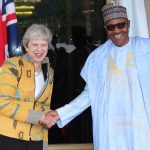




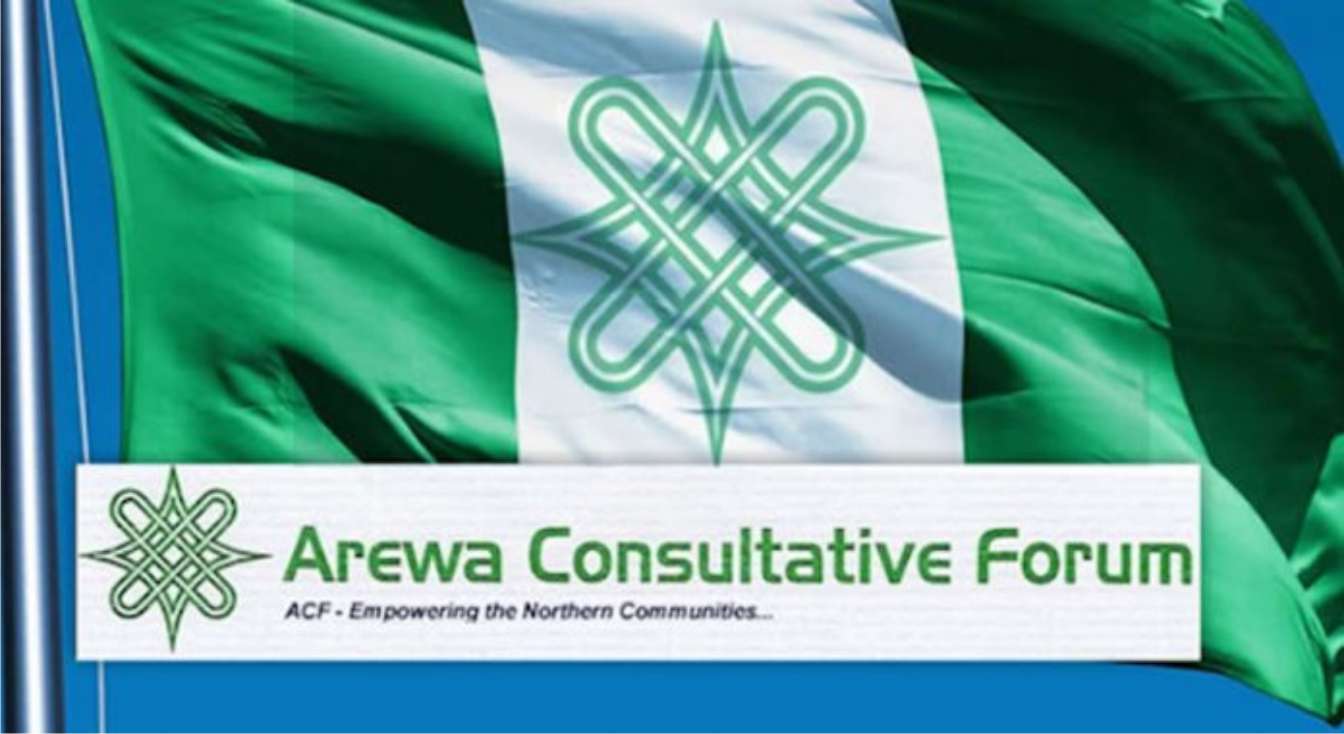



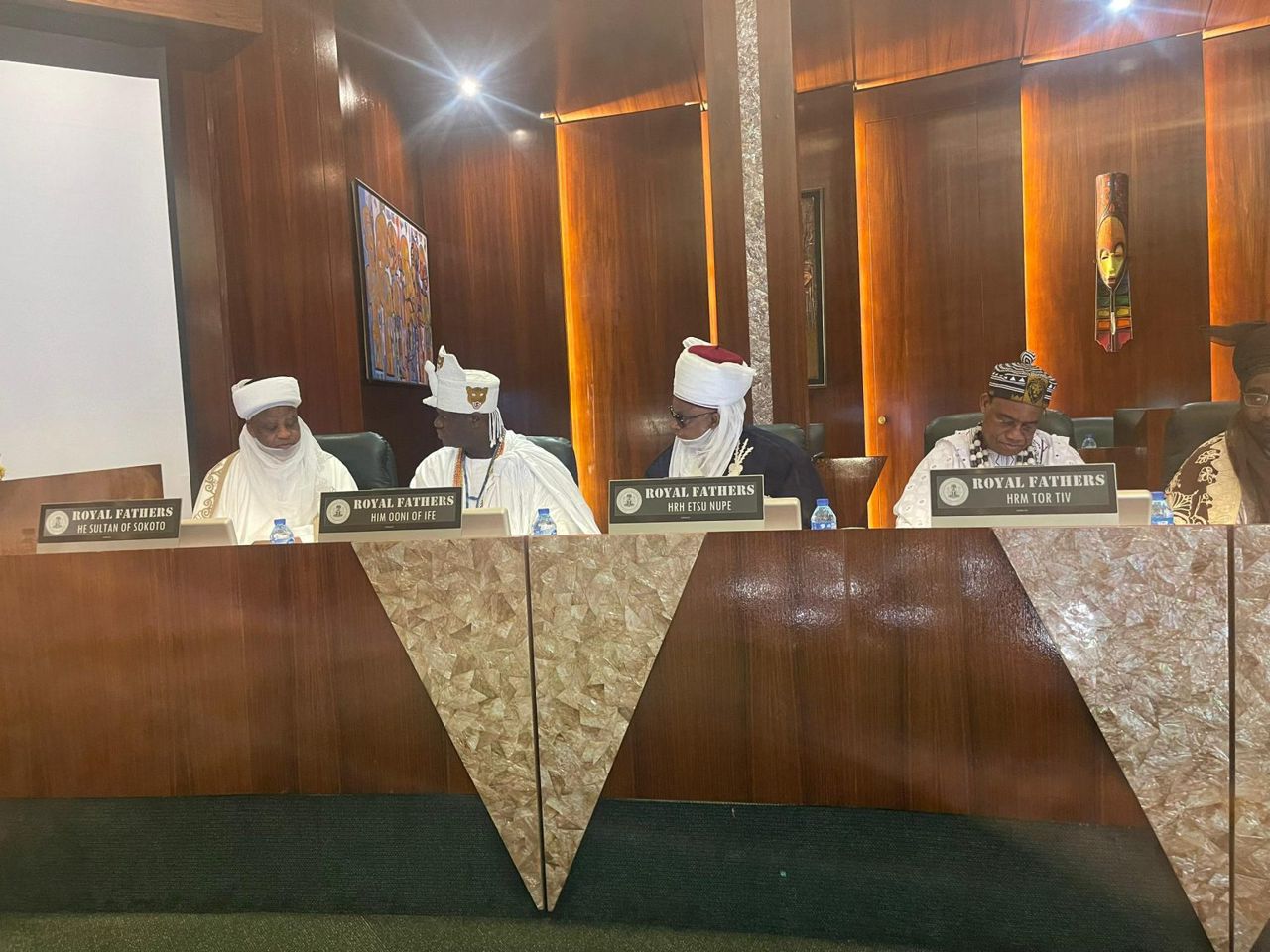



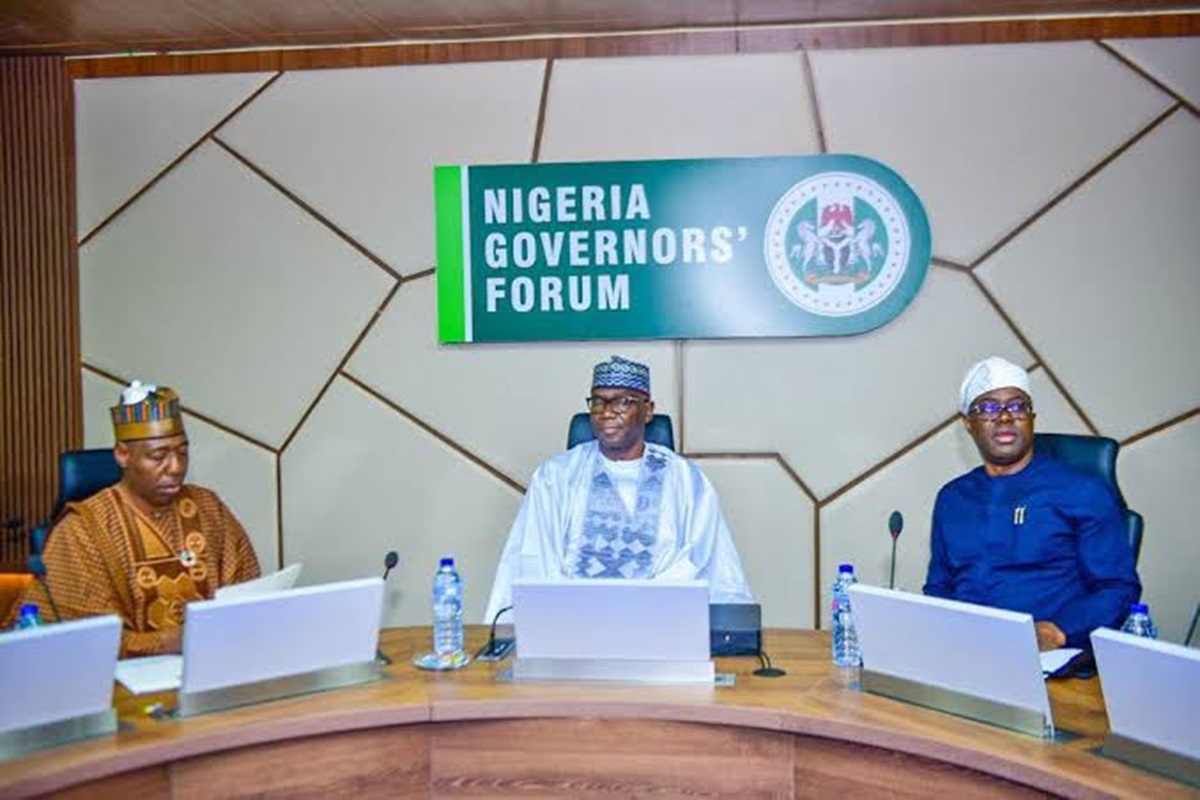
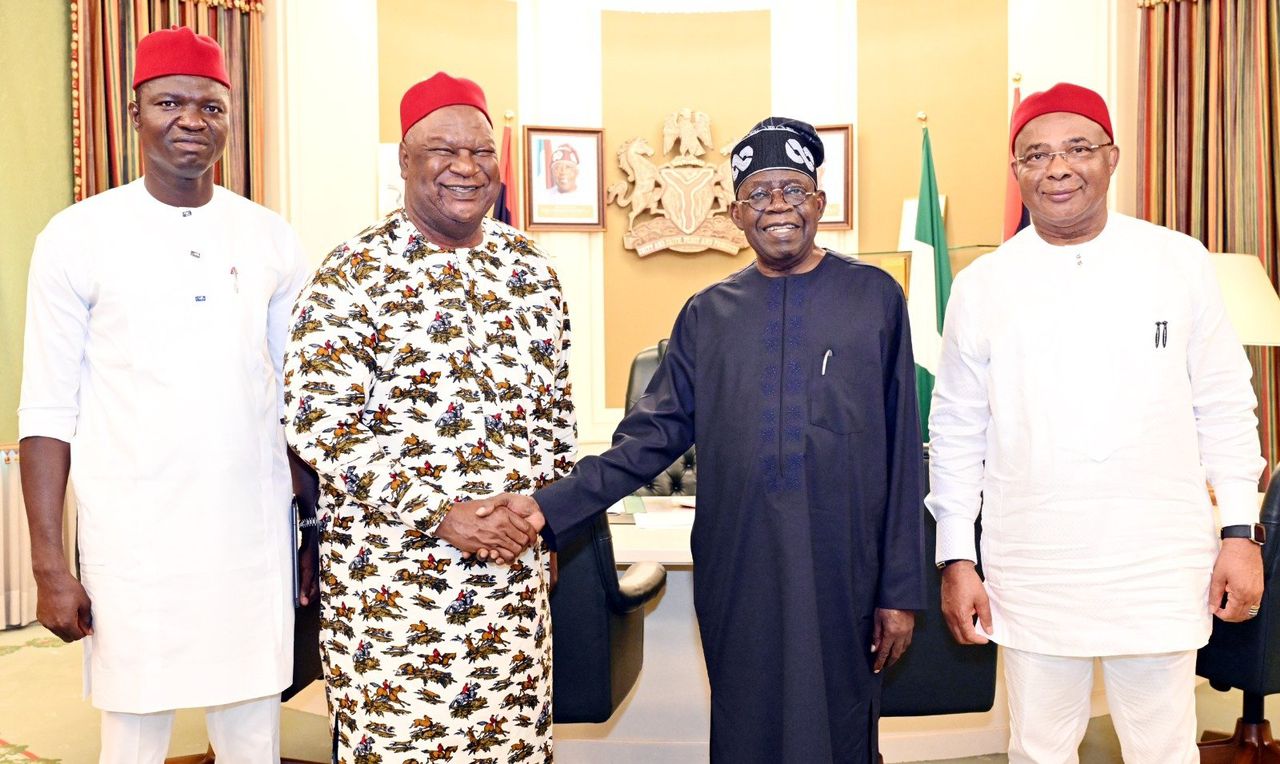

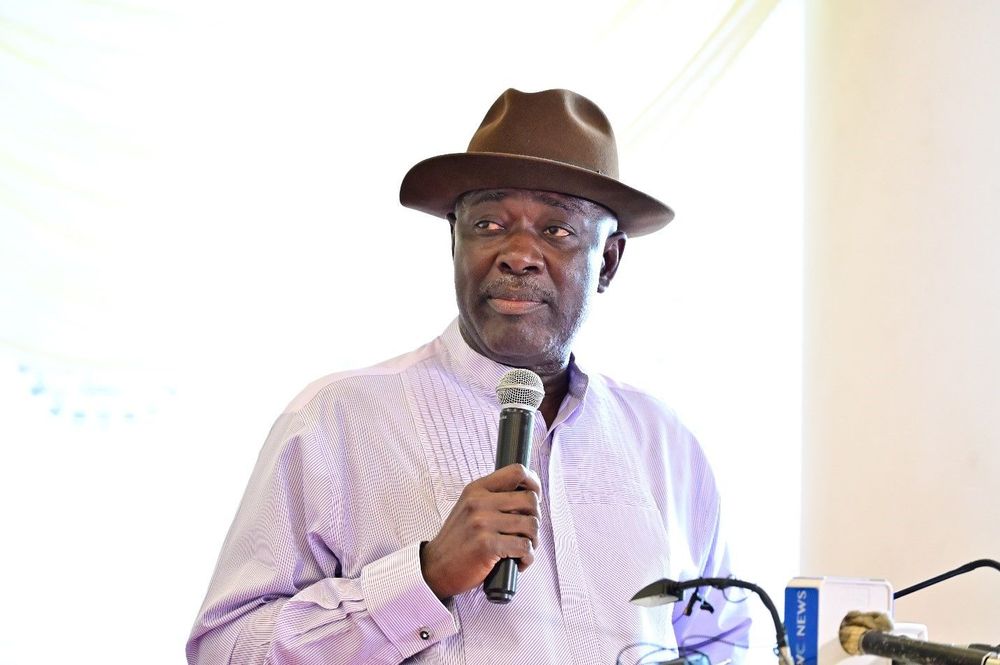


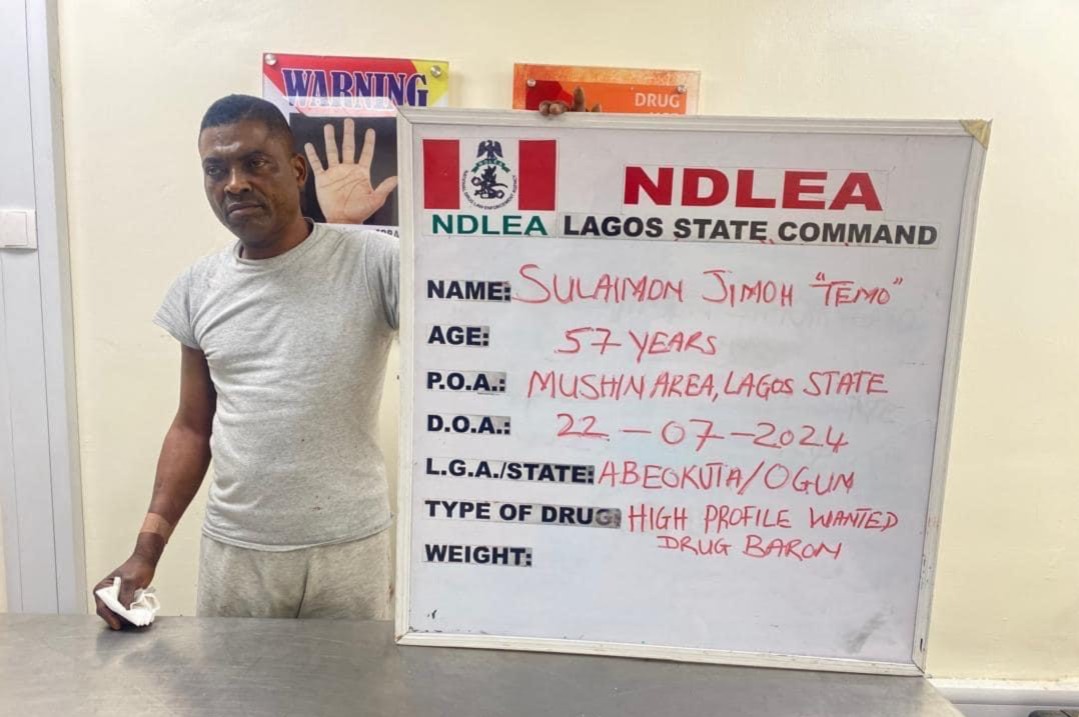

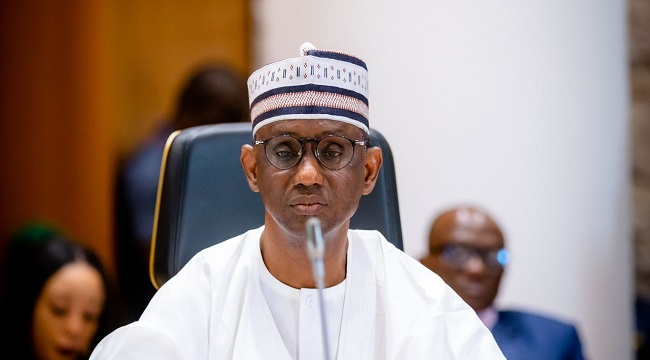

Leave a comment